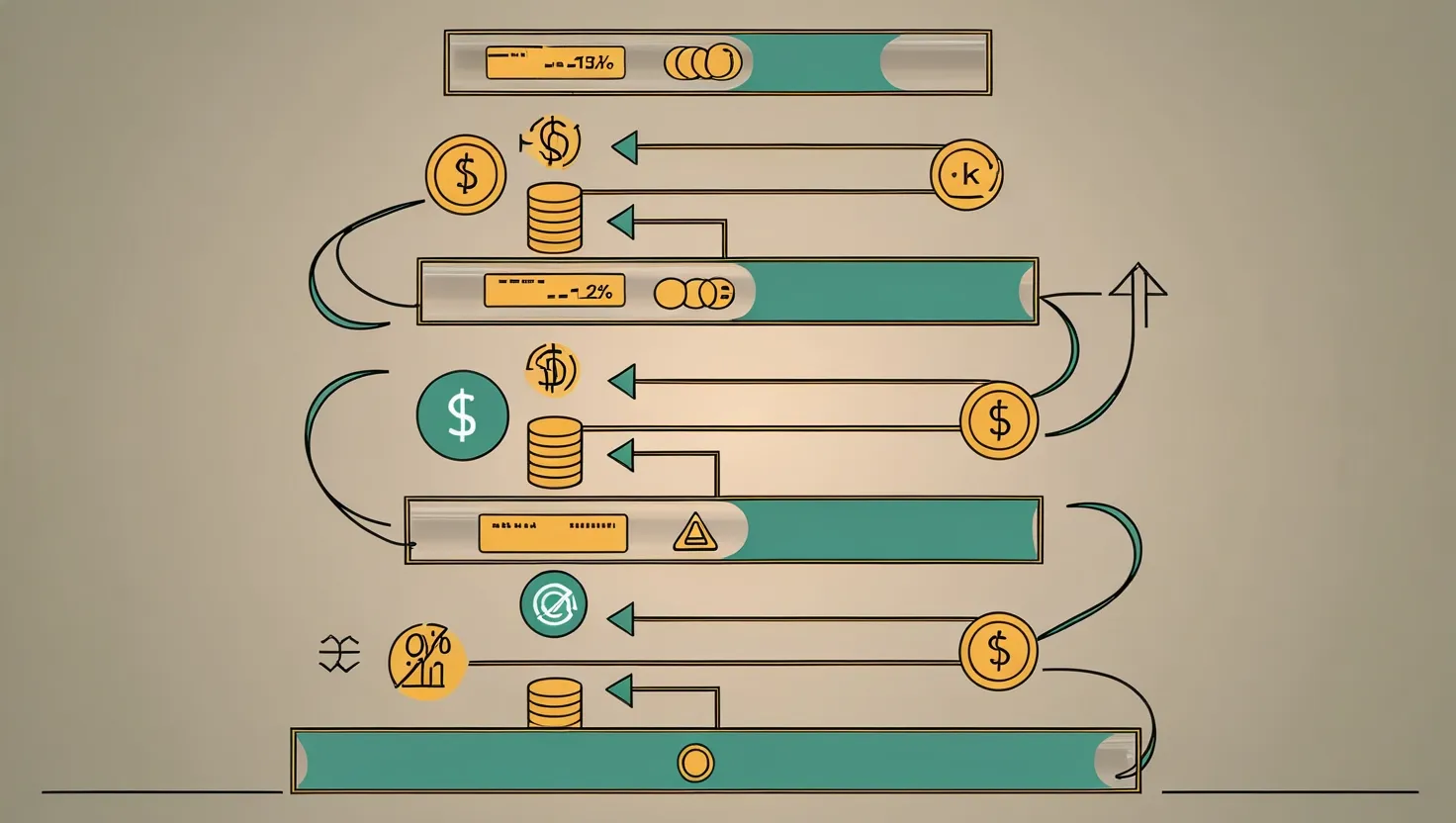When we think about financial innovation, we often focus on the skills we already possess or the latest market trends. However, there’s a vast, untapped resource that can revolutionize our financial acumen: our brain’s latent cognitive reserves. Imagine your mind as a treasure trove of creative solutions and innovative ideas, waiting to be uncovered.
The Concept of Cognitive Reserve
Cognitive reserve is not just about what you know, but about how your brain adapts and responds to challenges. It’s the brain’s ability to maintain cognitive function despite age-related changes or neuropathological damage. For instance, studies have shown that people with higher cognitive reserve, often built through education, complex occupations, and engaging leisure activities, can sustain a higher burden of neuropathology without showing significant cognitive decline.
Tapping Into Your Subconscious
Have you ever had those moments of insight that seem to come out of nowhere? Perhaps you were in the shower, or taking a walk, when suddenly a creative solution to a financial problem popped into your head. These moments are more than just coincidences; they are glimpses into your brain’s untapped potential.
To access this potential, you need to engage in activities that stimulate your subconscious mind. Creative exercises, such as brainstorming sessions or mind mapping, can help you tap into this reservoir. For example, try setting aside 30 minutes each day to brainstorm new financial strategies without any constraints. Write down every idea, no matter how absurd it may seem. This process can help your brain make connections that you might not have noticed otherwise.
Reflective Techniques
Reflection is a powerful tool for uncovering hidden cognitive treasures. Taking time to reflect on your financial decisions and experiences can help you identify patterns and insights that might have gone unnoticed. Try keeping a financial journal where you write down your thoughts, successes, and failures. Reflecting on these entries can provide valuable lessons and spark new ideas.
For instance, if you’ve made a successful investment, reflect on what led to that decision. Was it a piece of advice from someone, a trend you noticed, or an intuition? Understanding the process behind your successful decisions can help you replicate them in the future.
Meditative Practices
Meditation is often seen as a tool for relaxation, but it can also be a powerful catalyst for cognitive innovation. By clearing your mind and focusing on the present, you can tap into a deeper level of consciousness where creative solutions reside. Regular meditative practices can enhance your ability to think outside the box and come up with innovative financial strategies.
Try incorporating a daily meditation routine into your schedule. Even 10-15 minutes of mindfulness meditation can make a significant difference. As you meditate, focus on your breath and let your thoughts drift without judgment. You might be surprised at the ideas that emerge during or after your meditation sessions.
The Role of Financial Stress
Financial stress can be a significant barrier to tapping into your cognitive reserves. When you’re under financial pressure, your brain is more focused on immediate survival rather than long-term innovation. Studies have shown that negative wealth shocks, such as a significant loss of wealth over a short period, can accelerate cognitive decline and increase the risk of dementia.
To mitigate this, it’s crucial to manage financial stress effectively. This might involve seeking financial counseling, simplifying your financial products, or involving family members in your financial decisions. By reducing financial stress, you can free up mental resources to focus on innovative thinking.
The Impact of Lifestyle Choices
Your lifestyle choices can significantly impact your cognitive reserve and, by extension, your financial innovation. For example, regular physical activity and a balanced diet have been shown to support brain health and cognitive function. Additionally, engaging in mentally stimulating activities, such as learning a new language or playing a musical instrument, can build cognitive reserve.
Incorporate activities that challenge your mind into your daily routine. Whether it’s solving puzzles, reading books on diverse topics, or taking online courses, these activities can help you build a stronger cognitive foundation.
Multivitamins and Cognitive Health
Recent studies have highlighted the role of multivitamins in supporting cognitive health. A large-scale study found that daily multivitamin supplements can improve memory and slow down cognitive aging in older adults. This suggests that ensuring you get all the essential micronutrients can support your brain’s ability to innovate and adapt.
Consider adding a daily multivitamin to your routine, especially if you’re concerned about cognitive decline. While this is not a replacement for a balanced diet, it can be a useful supplement to ensure you’re getting all the nutrients your brain needs.
Real-Life Examples
Let’s look at a real-life example of how tapping into cognitive reserves can lead to financial innovation. Imagine a retiree who, despite managing their finances independently, finds it increasingly difficult due to cognitive impairment. Instead of relying solely on traditional financial advice, they start engaging in creative activities like painting and writing. These activities stimulate their mind and help them come up with unique financial strategies, such as diversifying their investments or exploring alternative income streams.
Another example could be a young professional who feels stuck in their financial planning. By incorporating meditative practices and reflective journaling into their routine, they start to see their financial situation from new angles. They begin to notice patterns in the market that they hadn’t seen before and come up with innovative investment ideas that yield significant returns.
Conclusion
Tapping into your brain’s latent cognitive reserves is not just about improving your financial acumen; it’s about unlocking a new level of creativity and innovation. By employing creative exercises, reflective techniques, and meditative practices, you can uncover the hidden treasures of your mind and turn the financial world into a personal playground of opportunities.
Remember, it’s never too early or too late to start this journey. Whether you’re a seasoned investor or just starting out, your brain has the potential to surprise you with its innovative capabilities. So, take the first step today – delve into the uncharted caverns of your mind, and you might just discover the financial genius you never knew you had.






